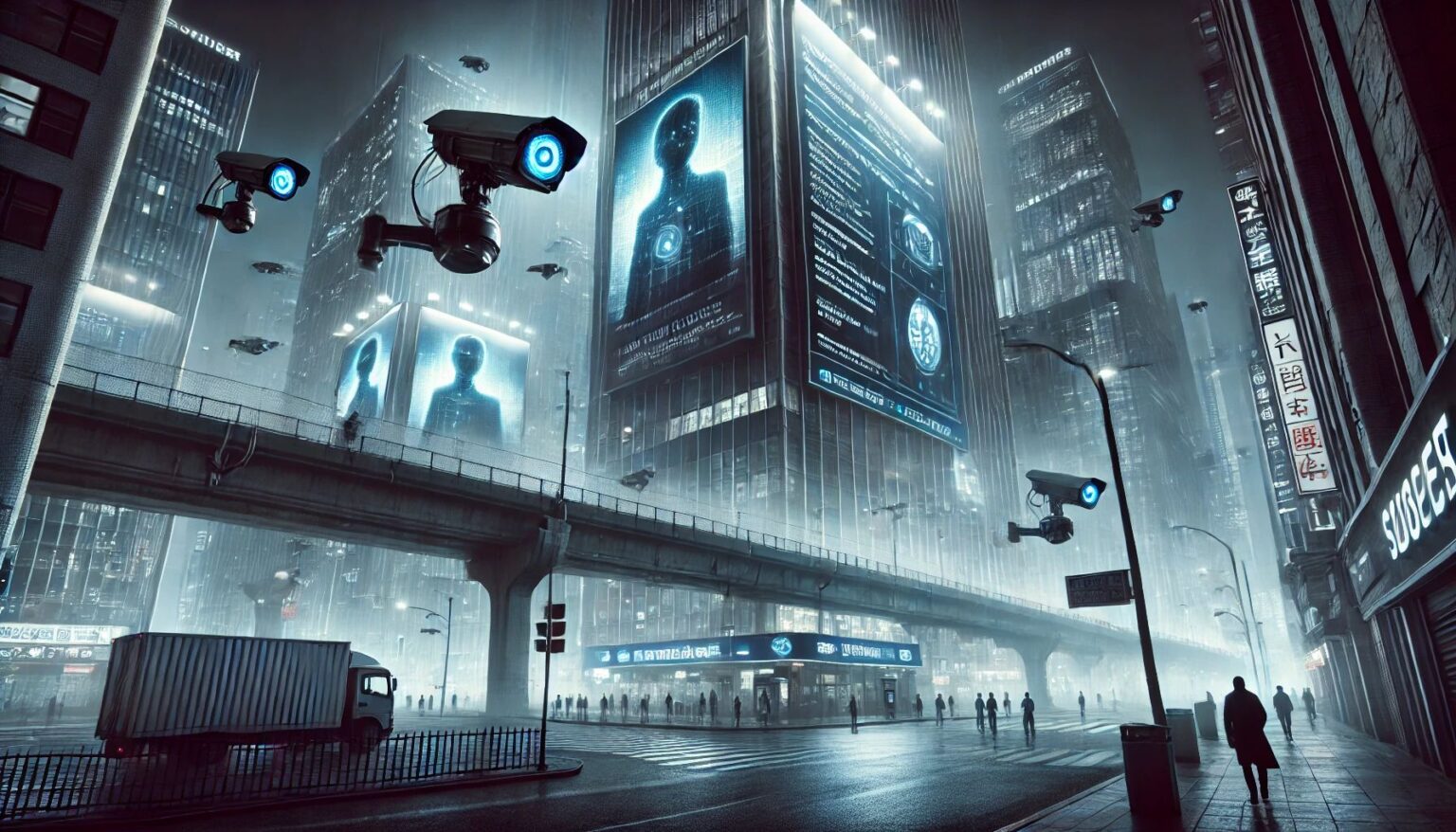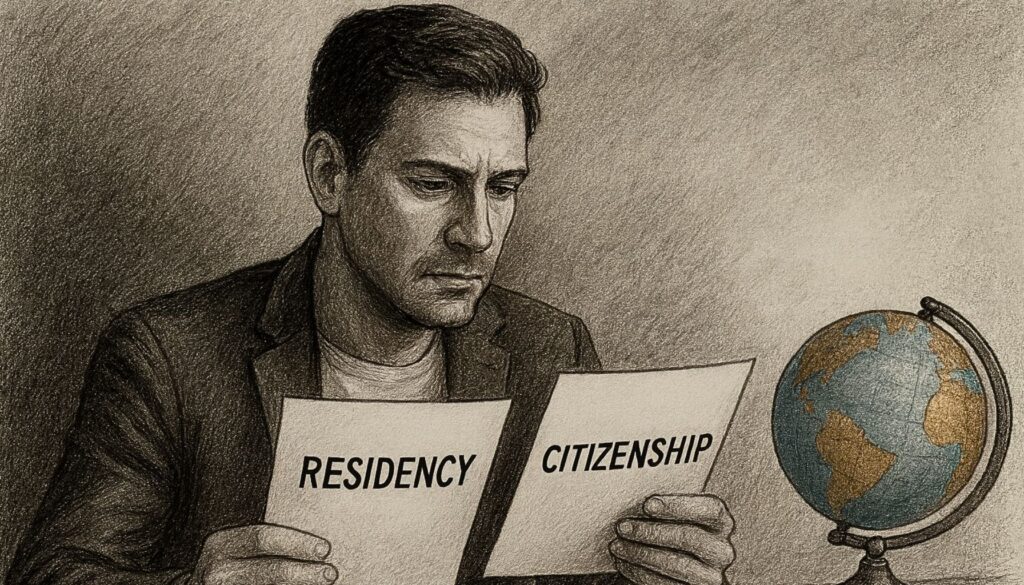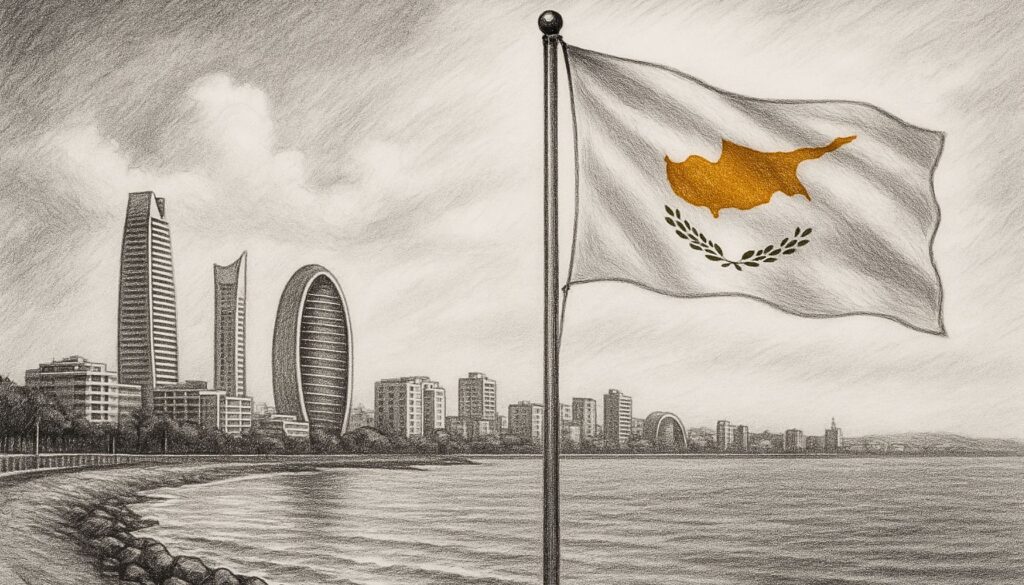Have you ever felt that something just doesn’t quite add up with how things are being handled?
In a recent and chilling turn of events, the French Olympics have become the perfect testing ground for a massive control experiment. Authorities have installed a surveillance system with cameras in every corner, collecting data on our every movement, all in the name of “security” and “efficiency.”
What is technocracy? Look, technocracy is that system that promises efficiency and solutions based on science and technology, and it has captured the imagination of many as the way to solve the complex problems of our modern societies.
However, behind this façade of progress and rationality lies a monster that threatens to devour our individual freedoms and the sovereignty of our nations.
In a world where decisions are increasingly being made far from the reach of ordinary citizens, we must understand and question the power of new technologies. So, without further ado, let’s delve into this exploration of technocracy and its dangers.

Indice del artículo
What is Technocracy and what are its principles and objectives?
As I mentioned, technocracy is based on the idea that experts, due to their specialized knowledge, are better equipped to manage resources and make decisions that affect society. Its proponents argue that, unlike politicians, technocrats are not influenced by partisan interests or personal gain. This approach promises more objective and efficient administration.
Among the fundamental principles of technocracy is the belief in science and technology as the main tools to solve social problems. Technocrats rely on data, algorithms, and mathematical models to make decisions. They believe that rational and scientific management of resources can lead to greater efficiency and sustainability.
However, behind these seemingly noble objectives lies a darker reality. In its pursuit of efficiency, technocracy can lead to excessive control over people’s daily lives. The obsession with data and constant surveillance can reduce individual autonomy and privacy, turning citizens into mere cogs in a well-oiled but dehumanized machine.
The Rise of Technocracy in the 21st Century
Technocracy has resurfaced strongly in the 21st century, disguised as progress and modernity, but with a cold and calculating heart that beats to the rhythm of data and algorithms. Let’s look around: Silicon Valley is not just a place, it’s a monster that has infiltrated every aspect of our lives. The big tech corporations, with their promise of making our lives easier, are amassing unprecedented power.
Who needs real politicians when you have tech giants dictating the course of society with their puppets? Apple, Google, Facebook… these are not just businesses; they are the new emperors of the modern world, controlling the information about what we do, where we spend, what we say, like, or think.

Technocracy as a Tool of Control and Surveillance
Imagine living in a world where every move you make is monitored, recorded, and analyzed. This is no longer a dystopian fantasy but our everyday reality. In countries like China, the social credit system has made this a tangible reality. This system collects data on all citizens’ activities, from their purchases to their interactions on social media, and rates them based on their “trustworthiness.”
Those with low scores face restrictions on travel, employment, and access to basic services. According to a report by Human Rights Watch, this system has penalized millions of people, turning state surveillance into a tool of mass social control.
At the 2024 Olympic Games in France, we witnessed a large-scale control experiment with the implementation of cameras and facial recognition systems. With over 13,000 cameras deployed in Paris, according to Le Monde, every corner of the city was under scrutiny. This type of mass surveillance not only raises serious questions about privacy but also sets a dangerous precedent for future events and daily life.
Behavioral Manipulation
But it’s not just about surveillance; technocracy is also involved in the subtle and not-so-subtle manipulation of our behavior. Using big data and advanced algorithms, tech platforms can predict and, more disturbingly, influence our decisions.
In the United States, Palantir Technologies works closely with government agencies to track and analyze personal data. According to The Guardian, this company has signed multimillion-dollar contracts with the Department of Homeland Security and the FBI, using its technology for predictive analysis.
These algorithms not only help anticipate criminal behavior but can also be used to influence our everyday decisions, from the products we buy to the political candidates we support.
Behavioral manipulation is also evident in how social media and digital platforms design their algorithms to keep us hooked. Digital persuasion techniques, such as constant notifications and personalized feeds, are designed to capture and maintain our attention, exploiting our psychological vulnerabilities.
This level of control and manipulation undermines our autonomy and ability to make informed and free decisions.

Erosion of National Sovereignty
Technocracy not only affects individuals, but it also undermines the sovereignty of nations. As political decisions shift from democratically elected governments to international organizations and large corporations, states lose control over their own destiny. This erosion of national sovereignty is a direct threat to the self-determination and independence of countries.
Policies Imposed from the Outside
International organizations and large tech corporations are playing an increasingly dominant role in shaping national policies. The World Economic Forum, for example, is one of those entities that promotes a globalist agenda under the guise of solving global problems. In their annual meetings in Davos, business and political leaders gather to discuss and plan the future of the world, often without the participation or consent of the citizens who will be affected by these decisions.
A recent example of this trend can be seen in international climate agreements, where countries are pressured to adopt emission reduction policies that often do not reflect their economic and social realities.
Although these policies are presented as necessary solutions for climate change, they also serve to centralize control in the hands of a small group of technocrats and non-governmental organizations, diminishing the ability of national governments to make independent decisions.
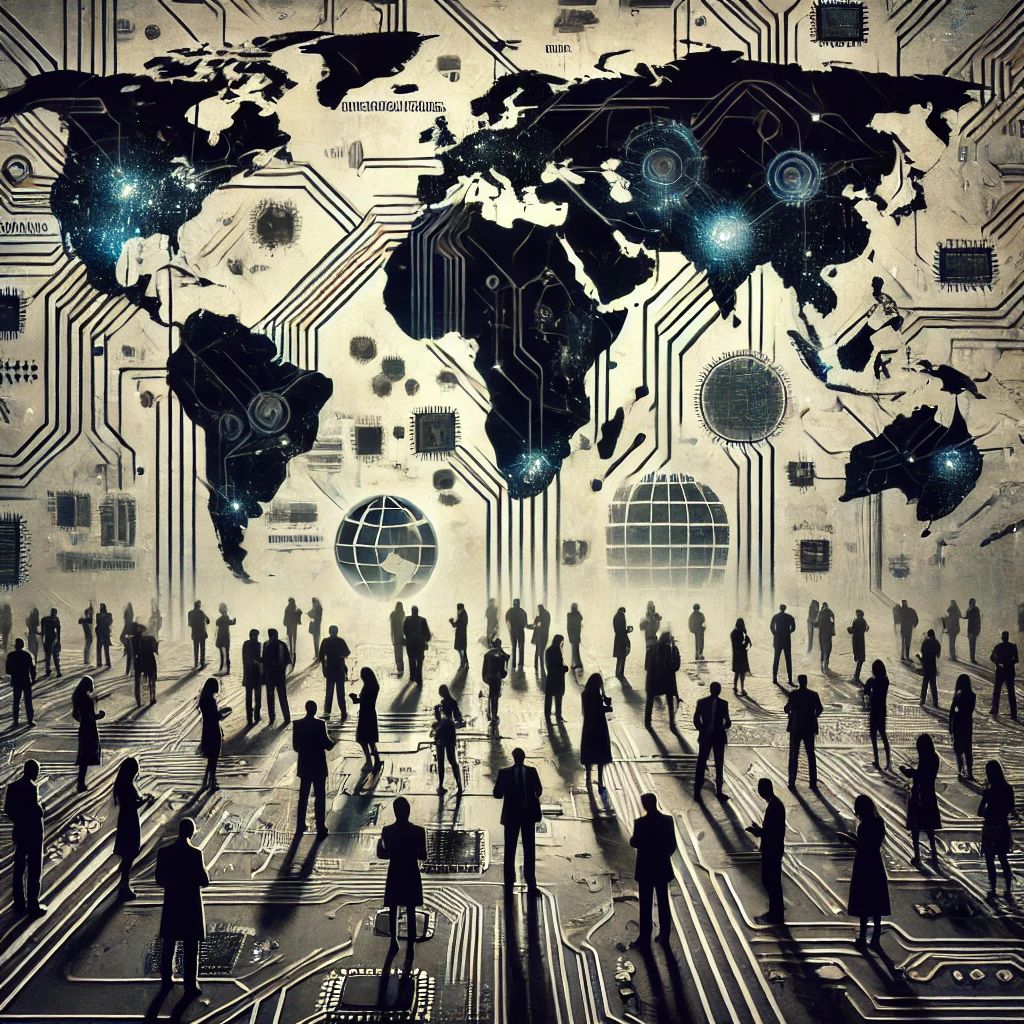
Reduction of Governmental Autonomy
The adoption of technocratic systems also limits the autonomy of national governments. In many cases, countries are forced to adopt technologies and policies developed by foreign entities. This is particularly evident in the public health sector.
During the COVID-19 pandemic, the influence of the World Health Organization (WHO) and other international entities was prominent. According to The Lancet, many nations adopted health control and surveillance measures based on WHO guidelines, without fully considering the local circumstances and specific needs of their populations.
Resisting and Standing Against Technocracy
Despite the relentless advance of technocracy, there is a growing resistance advocating for the preservation of individual and national sovereignty. These movements not only criticize technocracy but also propose alternatives that combine technical efficiency with democratic participation, promoting systems that respect individual rights and citizen autonomy.
Cryptocurrencies and Paraguay
Paraguay stands out as an example of how a country can offer an alternative to technocracy through a focus on economic freedom.
For example, in Paraguay, cryptocurrencies are not regulated, allowing citizens and businesses to use them freely for transactions and investments. This freedom in the use of digital assets fosters an environment where financial technology can thrive without the centralized control seen in other countries.
Additionally, Paraguay has low penetration of surveillance and control technologies, resulting in less state control over the daily activities of its citizens. This less restrictive regulatory environment allows for greater autonomy for individuals in managing their finances and businesses.
Economic freedom in Paraguay, with fewer restrictions on the inflow and outflow of capital, facilitates an environment conducive to innovation and financial independence.
Furthermore, Paraguay has a territorial tax system. What does this mean? It means that your foreign-sourced income is tax-free, allowing you to reinvest your money in strengthening your freedom, security, and that of your family.
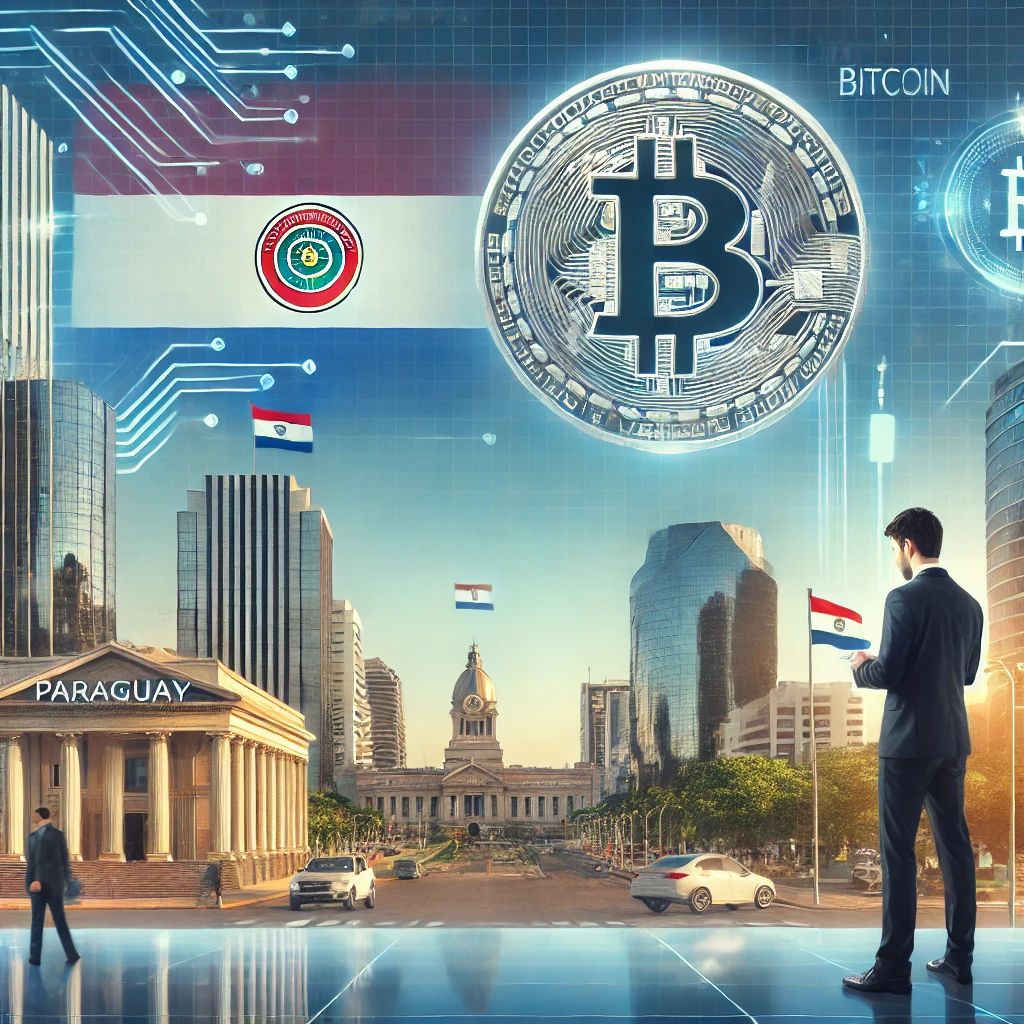
Natural Resources and Self-Sustainability
A country’s ability to be self-sustainable through its natural resources is another crucial factor in maintaining sovereignty against technocracy. Countries like Uruguay, Costa Rica, and Paraguay are examples where the abundance of natural resources allows for greater self-sufficiency and autonomy.
Costa Rica has leveraged its wealth in natural resources, particularly in renewable energy, to ensure a sustainable and self-sufficient economy. With a focus on hydroelectric power and other renewable sources, Costa Rica has achieved significant energy independence. This energy self-sufficiency allows the country to maintain a high degree of autonomy and resist technocratic pressures.
Paraguay follows this example with its abundant access to natural resources, especially through its vast hydroelectric potential. The Itaipú Dam, shared with Brazil, is one of the largest in the world and provides a renewable energy source that powers much of the country. Additionally, agriculture and livestock are fundamental pillars of the Paraguayan economy, contributing to its food and economic self-sufficiency.
Paraguay has also adopted a favorable stance toward foreign investment and economic freedom, allowing an environment where individuals can manage their resources without excessive government intervention.
The combination of freedom in cryptocurrency use, as seen in Paraguay, and self-sustainability based on natural resources, as in Uruguay, Costa Rica, and also Paraguay, offers a viable model of resistance to technocracy. These strategies allow countries and their citizens to maintain a high degree of autonomy and control over their own lives and destinies.
Conclusion
Friends, it is crucial that we stay informed and active in defending our freedoms.
I invite everyone to reflect on the role we want technology to play in our lives and to take action to ensure that it remains a tool for freedom and not an instrument of control.
The choice is in our hands.
